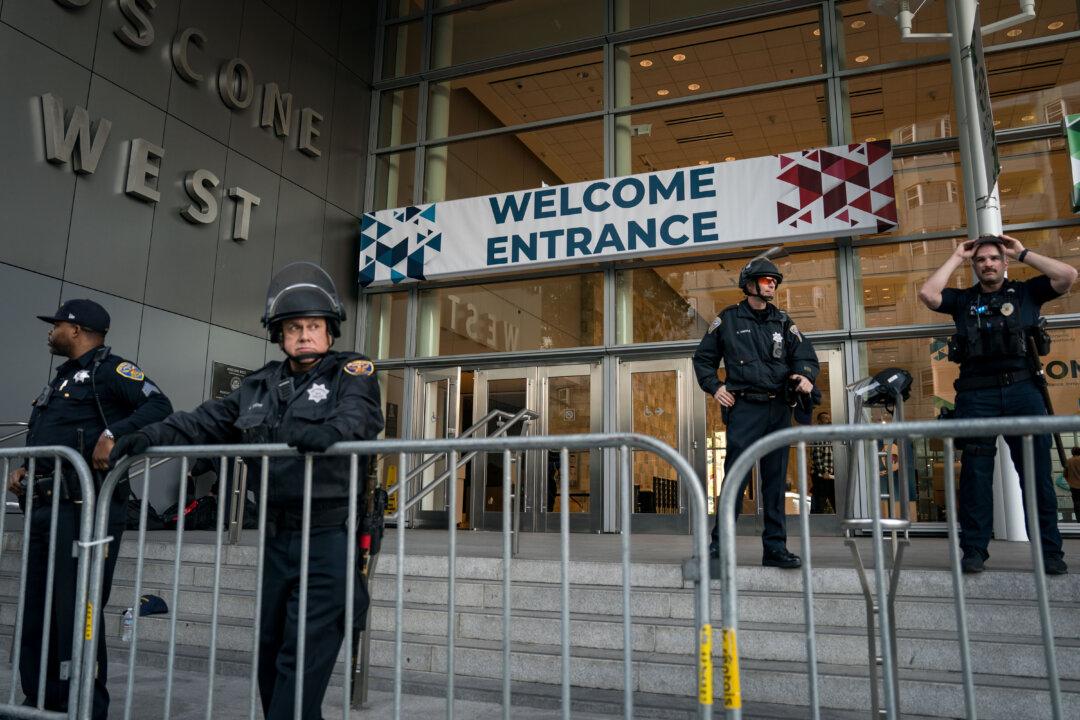Commentary
Four hours of talks between Chinese Communist Party (CCP) leader Xi Jinping and U.S. President Joe Biden during the Asia-Pacific Economic Cooperation (APEC) forum in San Francisco last month delivered very little substance.

Four hours of talks between Chinese Communist Party (CCP) leader Xi Jinping and U.S. President Joe Biden during the Asia-Pacific Economic Cooperation (APEC) forum in San Francisco last month delivered very little substance.